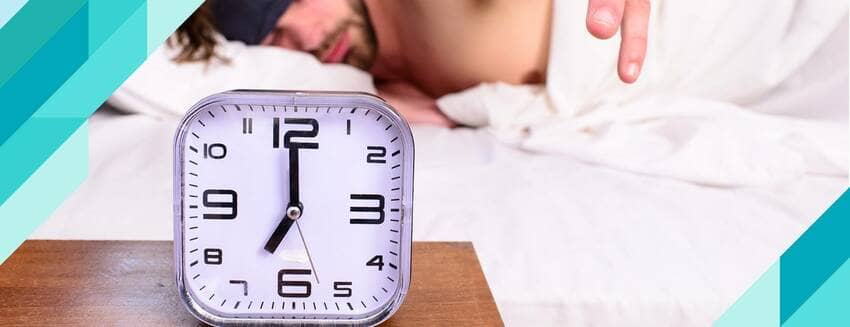
Üsküdar University NPISTANBUL Brain Hospital Neurology Specialist Assoc. Prof. Dr. Barış Metin made important evaluations about the changing sleep patterns especially during Ramadan.
The most common sleep problems during Ramadan are difficulty falling asleep, waking up tired and excessive sleepiness during the day. Stating that in case of excessive sleepiness, a half-hour sleep in the afternoon will make you feel more vigorous, Assoc. Prof. Dr. Barış Metin warns against eating heavy meals before going to bed.
Half an hour of sleep can make you feel more vigorous
"There may be problems with sleep during Ramadan, the most common problems are difficulty falling asleep, waking up tired and excessive sleepiness during the day," said Assoc. Prof. Dr. Barış Metin,
"Getting up for sahura during Ramadan may cause excessive daytime sleepiness. This is because night sleep is interrupted. Especially if you feel excessively sleepy during the day, a short sleep in the afternoon, for example a half-hour sleep, can make you feel vigorous again."
[haberyatay=spiritual-detox-ramadan]
Don't eat heavy meals before going to bed!
Noting that another sleep problem seen during Ramadan can occur due to eating and going to bed at night, Assoc. Prof. Dr. Barış Metin,
"Eating heavy meals before going to bed can delay falling asleep and prevent a quality sleep at night. For this reason, especially people who do not wake up for sahura should prefer light foods such as low-fat soup, milk and bread if they are going to eat late at night. Those with reflux disease are recommended to stop eating a few hours before going to sleep."
Naps should not exceed 1 hour
Assoc. Prof. Dr. Barış Metin said, "The most important signs of healthy sleep are that the time to fall asleep at night is not too long, there are no awakenings at night, waking up vigorous and rested in the morning and no daytime sleepiness. The presence of one of these means that there is a problem with sleep", and continued his words as follows:
"In such cases, it is recommended to investigate the cause of sleep disturbance and to treat the cause. Some people like to take short naps during the day. Such naps can also be beneficial for health, provided that they do not exceed one hour and especially if they are taken at noon. However, long naps are not recommended as they delay night sleep. Especially afternoon and evening naps are more likely to cause insomnia at night.
Tea, coffee and cigarettes delay sleep!
Sleep disorders such as insomnia (late falling asleep), Restless Legs Syndrome, Circadian Rhythm Disorders (shifted sleep-wake rhythm) especially disrupt sleep patterns. Sleep Apnea Syndrome prevents a healthy sleep at night and causes daytime sleepiness. In shift workers, various disorders may occur as sleep patterns are frequently disturbed due to working conditions. Any factor that disrupts sleep hygiene can also disrupt sleep patterns. Napping in front of the TV, especially in the evening, makes it difficult to fall asleep at night. Tea, coffee and cigarettes overstimulate the brain and delay sleep. It is not recommended to take these types of stimulants in the evening."
[haberyatay=ramazan-alisverisine-listesiz-cikmeyin]
What should be done for sleep hygiene?
Üsküdar University NPISTANBUL Hospital Neurology Specialist Assoc. Prof. Dr. Barış Metin listed his recommendations for sleep hygiene as follows:
- "Do not engage in any activity other than sleep in bed (computer, tablet, phone use, etc.),
-Not eating heavy meals before going to bed,
-Going to bed at roughly the same time each day,
-The bed should be comfortable and not cause pain,
-Avoid napping, especially in the evening hours,
-Do not continue to sleep by delaying the alarm in the morning,
-Do not drink alcohol or smoke before going to bed,
-Stimulants such as coffee should not be drunk after dinner."





